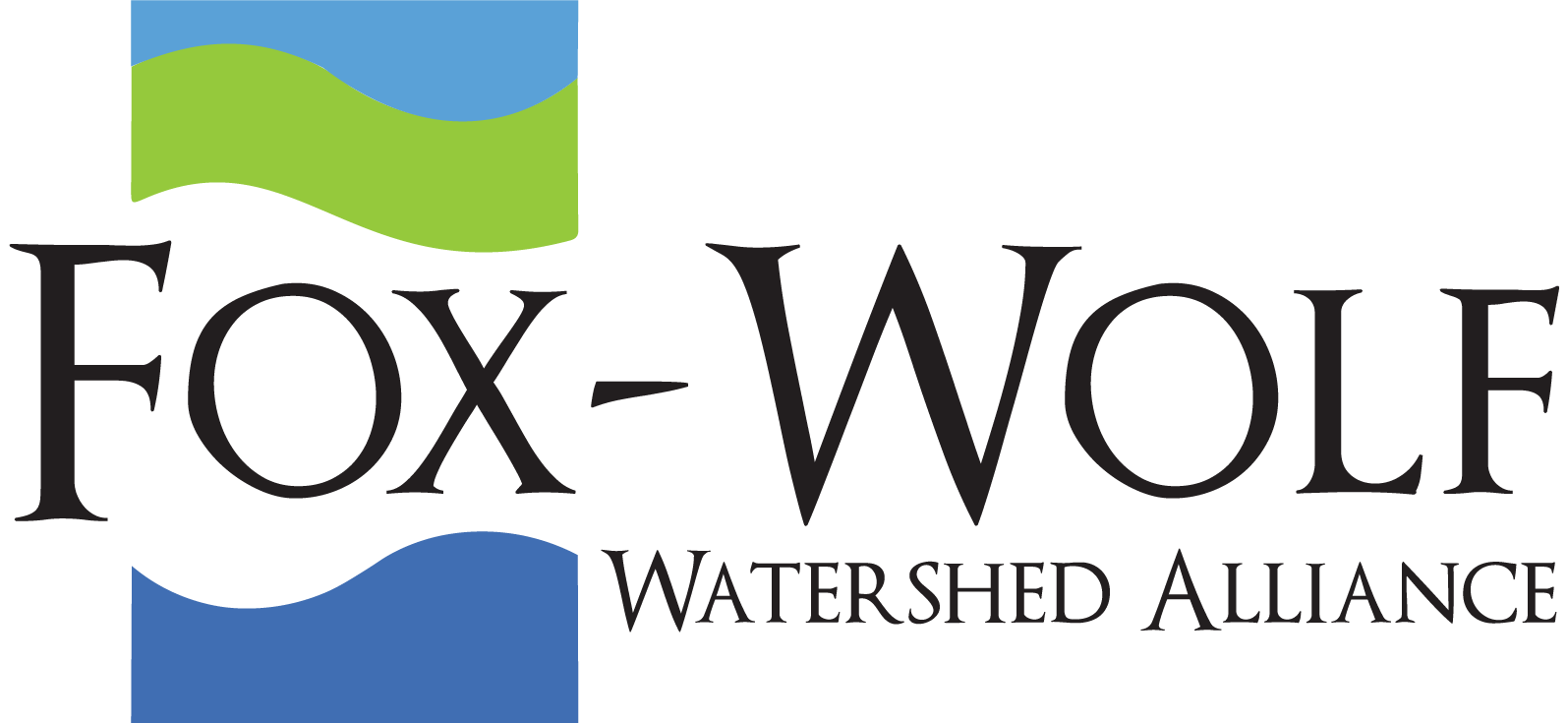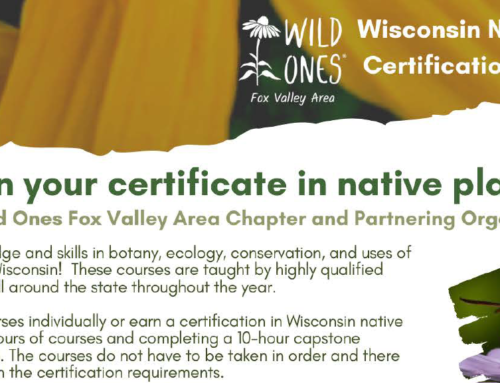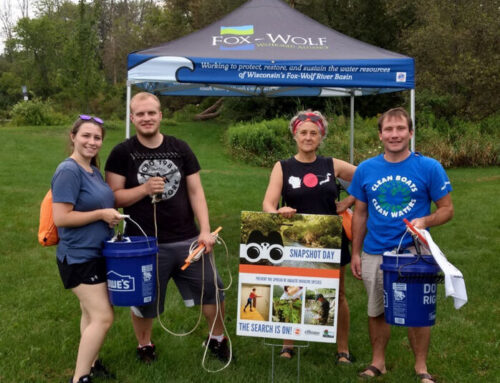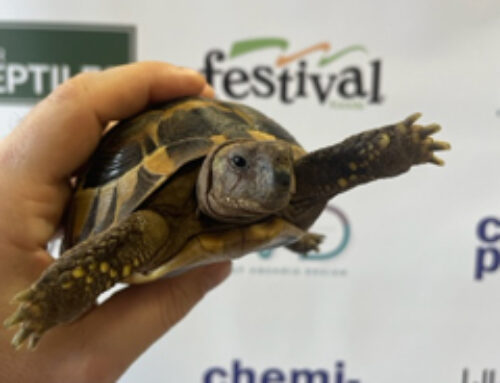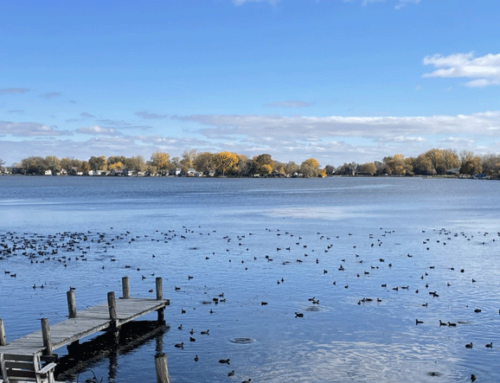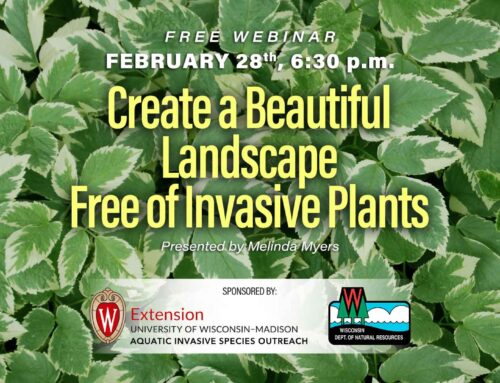Aquatic Plant Identification Training
Hosted by UW-Extension Lakes – Learn how to identify aquatic plants from the experts!
Training Description
Learn from the experts to identify aquatic plants at the one of five workshops in central and northern Wisconsin:
- Central Location – June 5th & 6th
- Northern Location – June 27th-29th
Experts Susan Knight of UW-Trout Lake Station, Paul Skawinski from UW-Extension Lakes, and Michelle Nault from the Wisconsin DNR will introduce you to the many groups of aquatic plants that call Wisconsin lakes home, and teach you how to distinguish between the various species.
Three popular aquatic plant identification guides are available for pre-order during registration at nicely reduced prices just for workshop participants. Pre-ordered books will be delivered to you at the workshops. A small number of each guide will also be available for sale on-site.
Training sessions will help participants:
- Understand the ecological role of aquatic plants in Wisconsin’s water bodies
- Learn how to distinguish the many species of aquatic plants that exist in Wisconsin
- Learn about various aquatic habitats and which species like to grow there
Central Location – Central Wisconsin Environmental Station (CWES), Amherst, WI
June 5 (8:30 am-5:30 pm) or June 6 (8:30 am-5:30 pm)
Registration: $15 (includes a catered lunch) Click here to register
Lodging: Dormitory-style lodging is available at CWES for $20 per night per person. (Sign up and pay for lodging when you register on-line)
Agenda
8:30am-2:00 pm Classroom in Sunset Lodge – Plant ecology and identification
12:00-12:45 pm Lunch (catered)
2:00-3:00 pm Field identification of aquatic plants on Sunset Lake
3:00-4:30 pm Choose one of the following breakout sessions:
- Advanced Aquatic Plant ID
Know your plants pretty well? Practice your taxonomic keying skills on some of the more cryptic species you might encounter. Species covered will likely include thin-leaved pondweeds, watermilfoils, bladderworts, naiads, bur-reeds, and others. This workshop is guided by the needs of the participants. - Algae Identification
Learn to identify some of Wisconsin’s most common macroscopic algae, including filamentous green algae. Learn how to recognize blue-green algal bloom-forming groups as well. - Point-intercept Aquatic Plant Survey Protocol
Learn or review the Wisconsin standardized aquatic macrophyte point-intercept sampling protocol. Use this breakout session to standardize your methods and practice in-field sampling, data recording, and aquatic macrophyte identification. - Wetland Invasive Species ID
This session will explore many invasive wetland plants that are threatening and invading waterbodies across the state. Learn how to recognize and identify the invaders of most concern, and how to distinguish them from similar native species.
4:30-5:30 pm Characeae: Dr. Ken Karol, New York Botanical Garden; Dr. John Hall, University of Maryland
Workshop Location:
Central Wisconsin Environmental Station
10186 County Road MM
Amherst Junction, WI 54407
715-346-2937
Please note: Participants should bring a hand lens and their own copies of field guides, if possible. Please also bring rain gear, sunscreen, bug spray, etc. for outdoor afternoon activities.
Participants have the option to purchase these three field guides during registration (they will be available on your workshop day):
- Through the Looking Glass (2nd edition) = $20
- Aquatic Plants of the Upper Midwest (2nd edition) = $30
- Lake Plants You Should Know = $10
These publications are also available through the UW-Extension Lakes bookstore.
Training Facilitator
Paul Skawinski
UW-Extension Lakes
Paul.Skawinski@uwsp.edu
*Information for events not sponsored by the Fox-Wolf Watershed Alliance has been taken directly out of communications from hosting organizations. Fox-Wolf staff will do everything possible to keep event calendar updated with new events and changes to events throughout the watershed but Fox-Wolf calendar users should confirm event details with hosting organization.
